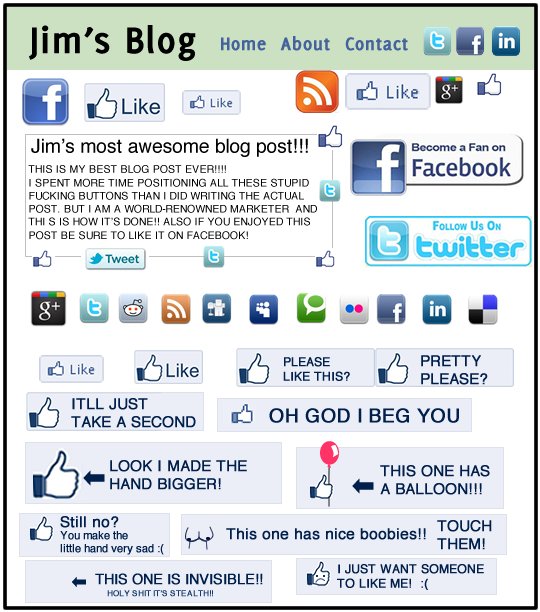It’s almost as if Britain is in some sort of demented race to get rid of freedom of expression altogether:
At 9pm last night, with a knock on the door of a 19-year-old man, Kent police hammered another nail into the coffin of free expression in the UK.
Earlier in the day the unnamed man from Aylesham had allegedly posted a photo of a poppy being burned, with a crudely worded (and crudely spelled) caption. He was arrested under the Malicious Communications Act and held in the cells overnight to await questioning.
It is of course just the latest in a succession of police actions against individuals deemed to have caused offence: mocking a footballer as he fights for his life on Twitter; hoping British service personnel would “die and go to hell”; wearing a T-shirt that celebrated the death of two police officers; making sick jokes on Facebook about a missing child, the list goes on. A few months ago, these could have been dismissed as isolated over-reactions or moments of madness by police and judiciary. Not any longer. It is now clear that a new criminal code has been imposed upon us without announcement or debate. It is now a crime to be offensive. We are not sleepwalking into a new totalitarianism — we have woken up to find ourselves tangled in its sheets.
News of the arrest was first announced on Kent police’s Twitter feed, and it didn’t take long for users to spot the painful irony of their official avatar, which simply says Kent police 101. The number is taken from the non-essential police phone number, but as we all know, Room 101 was where Winston Smith was taken in George Orwell’s 1984 to be tortured and eventually persuaded to recant his individual beliefs and fall into line with officially sanctioned viewpoints.





